We review the life and work of the Claretian religious, Catalan writer and poet, focused on defending the rights of disadvantaged people.
Pere Casaldàliga died at the age of 92 at the Santa Casa de Batatais hospital in the state of São Paulo, where he was taken on August 4th with serious respiratory problems. In recent years, the Catalan bishop’s health had deteriorated due to the age and his advanced state of Parkinson's disease, which he had been suffering from for years.
To say goodbye, we have compiled a list of the 10 quotes that best define the life of this Claretian religious, writer and poet, a life that was focused on the work for the peasants, laborers and indigenous people of Brazil:
"Only the one who ventures can be wrong"
Pere Casaldàliga was born into a family of farmers in Balsareny, Bages, in 1928. At the age of 9, he felt a priestly vocation and began to study at the Claretian seminary in Vic. After serving as a priest during Franco’s Spain, in 1968 he decided to pursue his missionary vocation and traveled to Brazil to found a Claretian mission in the region of Araguaia, in the state of Mato Grosso. He never returned to Catalonia again.
"A church in the Amazon in conflict with large estates and social marginalization"
This is the title of the pastoral letter he published the same day he was appointed bishop of São Felix do Araguaia. In this text he denounced for the first time the cases of exploitation and mistreatment of small farmers by large landowners in the region. He devoted the rest of his life to this cause.
"The primary and common task of humanizing humanity is done by practicing proximity"
Casaldàliga was bishop of this Amazon prelature for forty years. He was one of the main followers of the Theology of Liberation and defended the rights of the disadvantaged, to whom he built a popular and open church.
"I am me and my causes, and my causes worth more than my life"
Casaldàliga defended the poorest, something that was not well received by landowners and companies whom dominated the region’s agro-industry and received a lot of death threats. He also suffered several assassination attempts.
"The land is not yours, Mr. Nobody! The land belongs to everyone, because the land belongs to God"
His work went beyond Araguaia. Casaldàliga was the promoter of pastorals and social movements throughout Latin America, such as the Pastoral Commission of the Earth, the Conselho Indigenista Missionário, or the Movimento dos Trabalhadores Rurais Sem Terra. And, today, they are a world reference in the fight for land and for the rights of their workers.
"What I give is what makes me, not what I have. The more I give, the more I have because I am more. The more I have and the less I give, the less I have because I am less"
The message that Casaldàliga has transmitted throughout his life has been reflected in several publications that have encouraged many associations to continue with the cause and act by building orchads or improving the health systems of the most vulnerable people.
"The indigenous cause has made me more Catalan. The forbidden tribes have helped me rediscover my always mistreated tribe"
Despite not having returned to his homeland, Casaldàliga never forgot his origins. Within his extensive literary production he makes several references to being Catalan. As in the quote mentioned in this section, with which he compared himself to the Indian and his problem of language and identity: "It has helped me not to fall into cultural imperialism".
"It's not enough to be a believer, you also have to be credible"
His new way of forming a community and understanding the faith which led him to have problems with the Vatican during the time of Pope John Paul II. In 1988, was called to explain his behavior, his pastoral orientation and his position.
"In the light of death life acquires a specific weight, more definitive"
After 35 years as bishop of São Felix do Araguaia, Casaldàliga resigned, but decided to remain in the diocese and called the community to participate in the election of his successor. Once elected, he continued to work with the natives and peasants as long as Parkinson's disease allowed him.
"At the end of the road they will say to me, 'Have you lived? Have you loved?' And I, without saying anything, will open my heart full of names"
Pere Casaldàliga will live in all the texts that make up his literary work in Catalan, Spanish and Portuguese, which include the titles: ‘'Yo creo en la justicia y en la esperanza’ (1975), ‘Pere Llibertat’ (1978), ‘Aïrada esperança’ (1978), ‘Cartas a mis amigos’ (1992), ‘Sonetos neobíblicos, precisamente’ (1996), ‘Evangelio y Revolución i Amerindia, Morte e Vida’. And he will also be remembered forever thanks to his work helping the most disadvantaged.
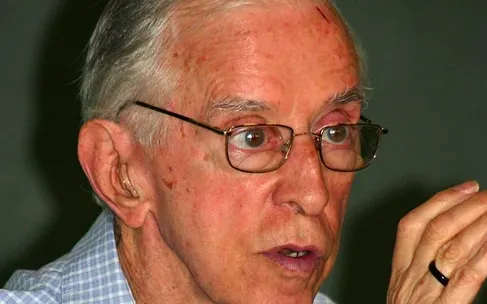
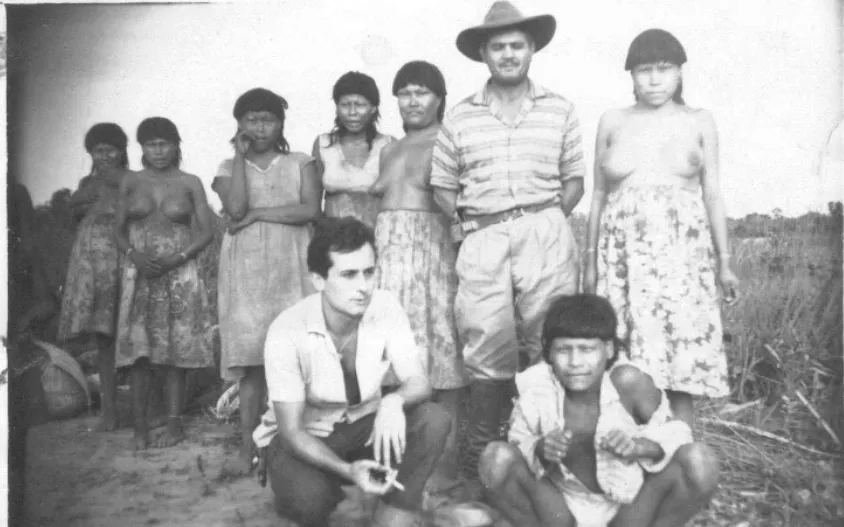


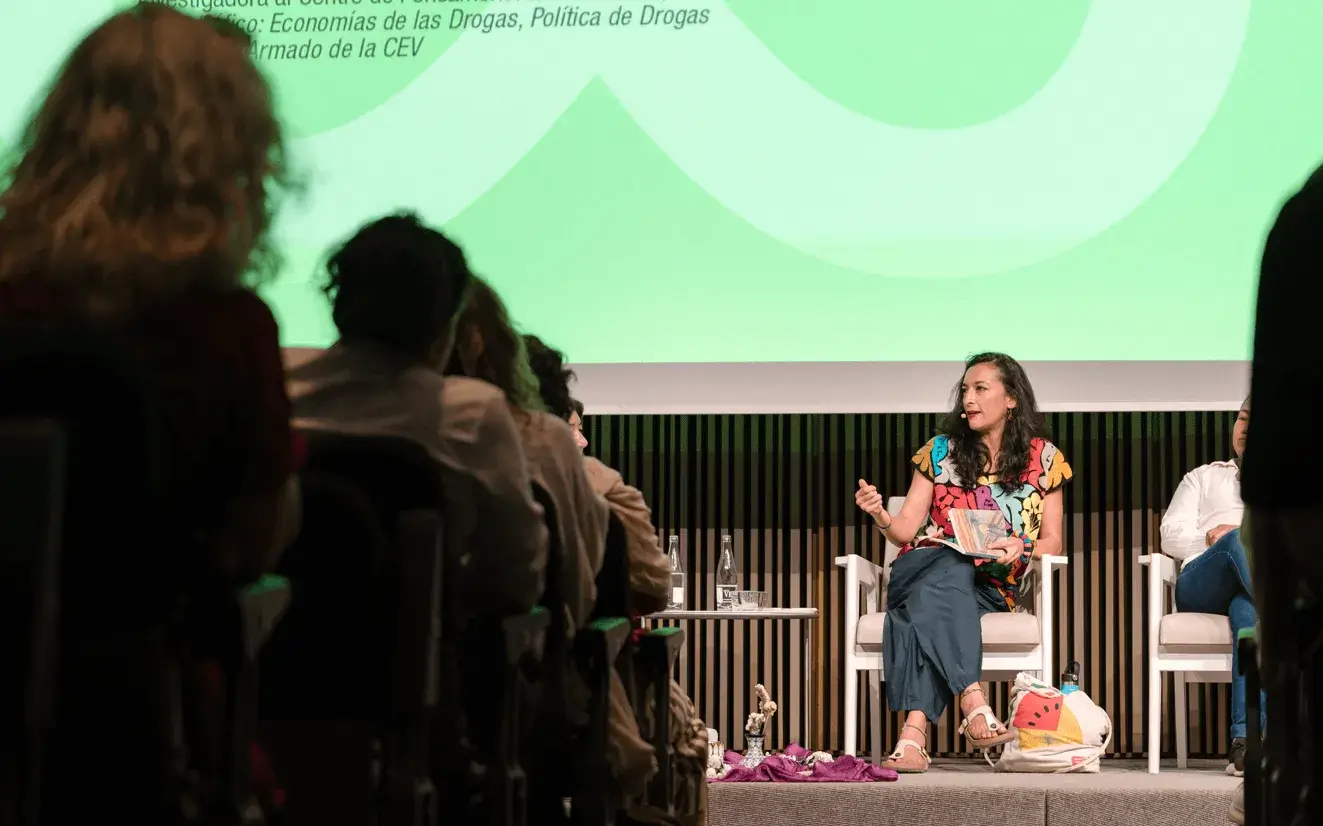
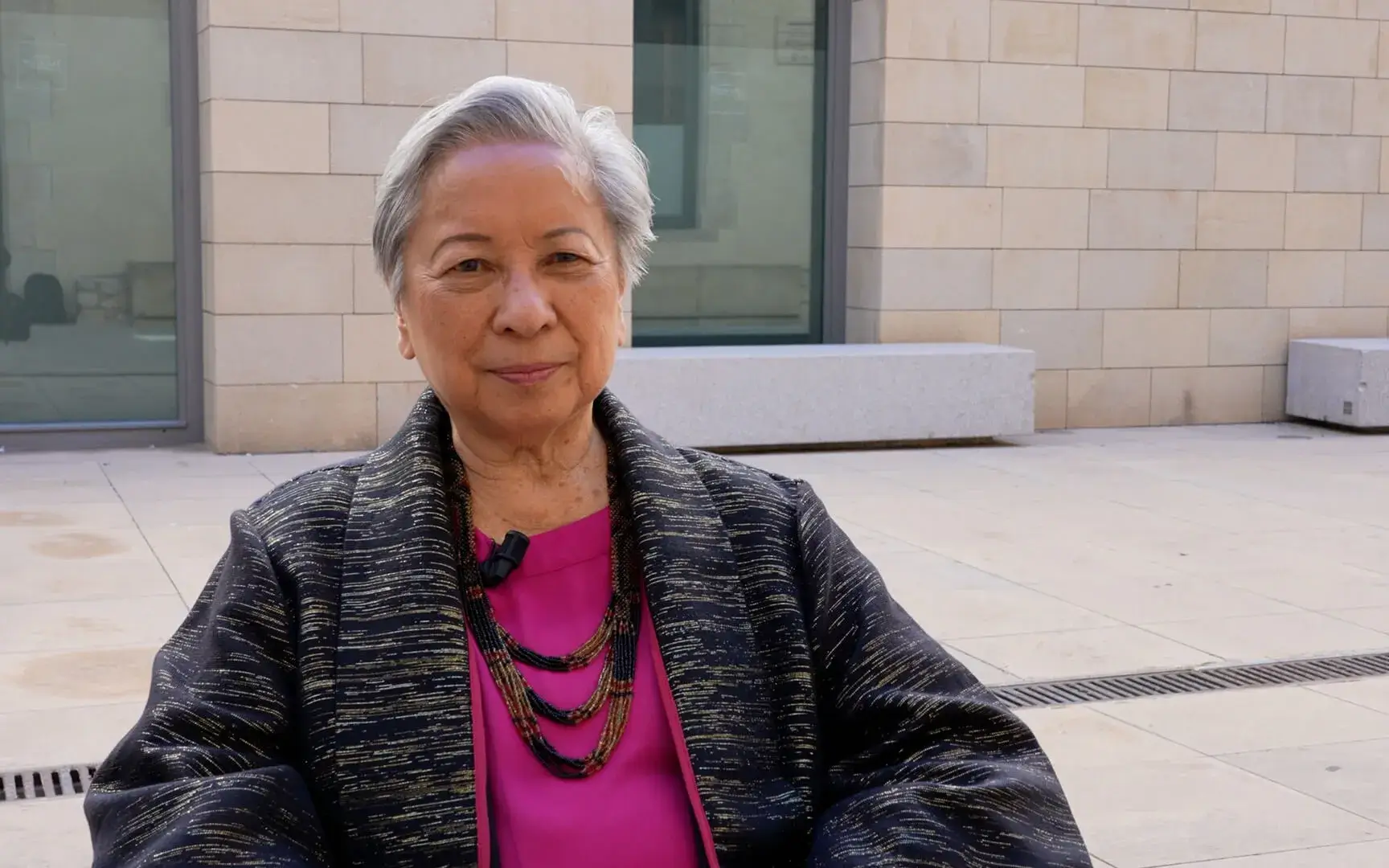
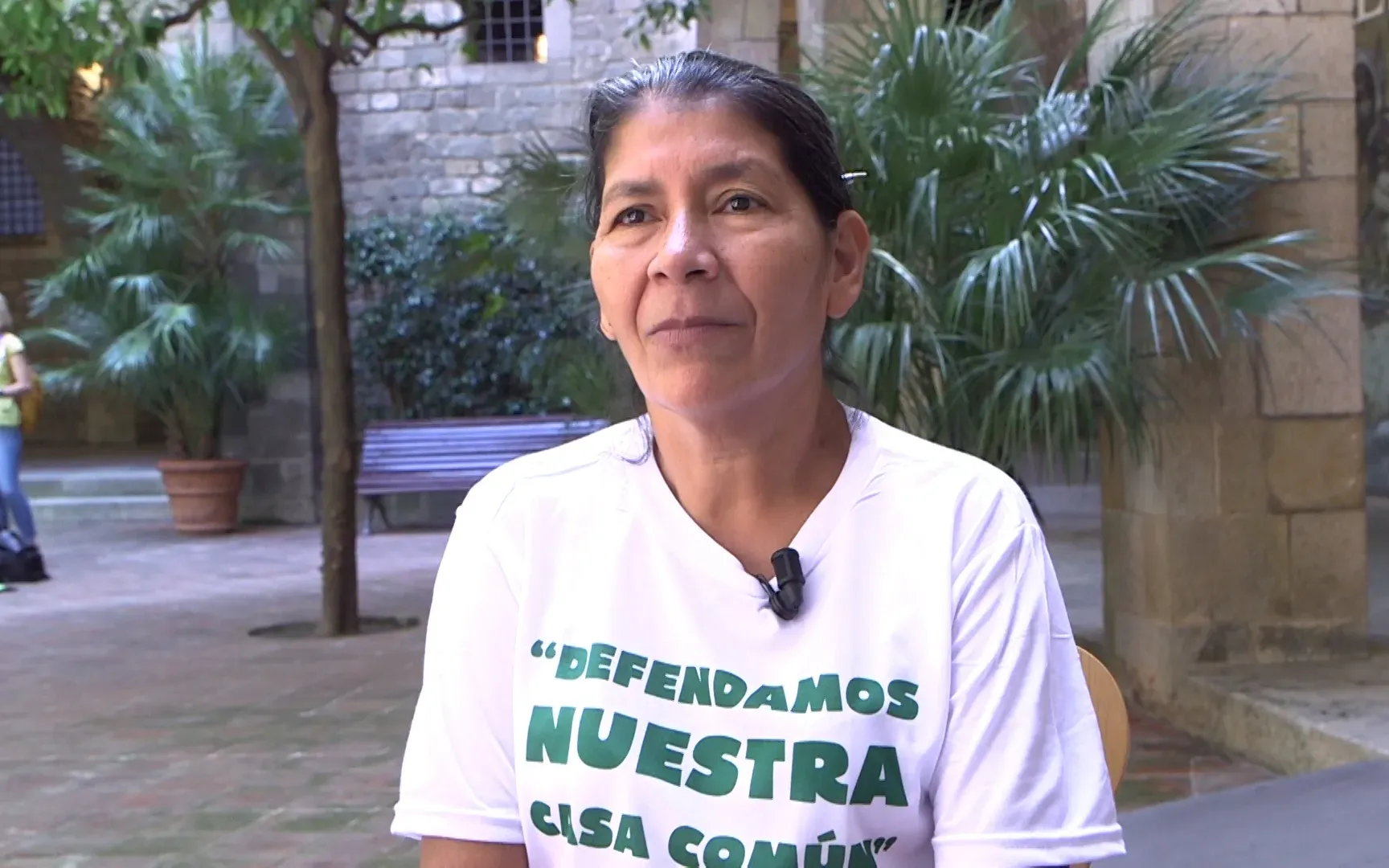

Add new comment